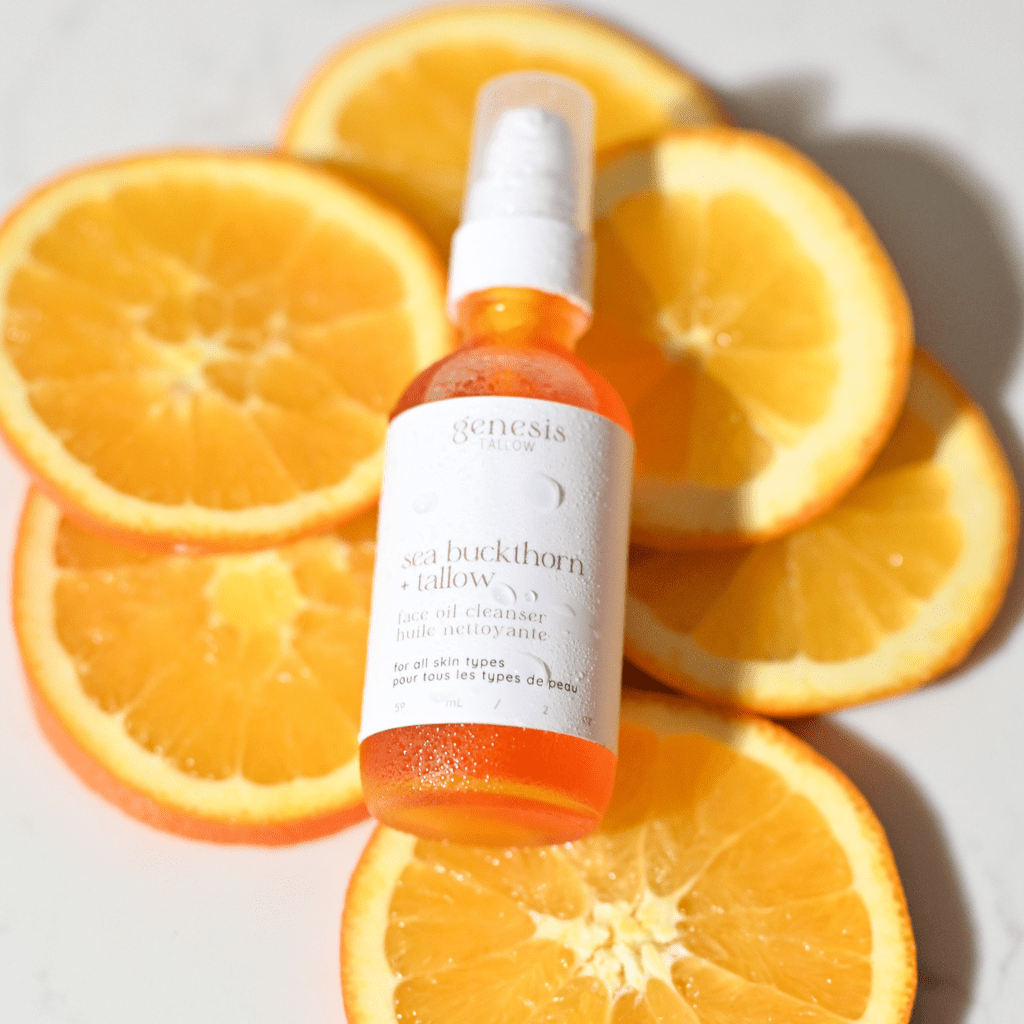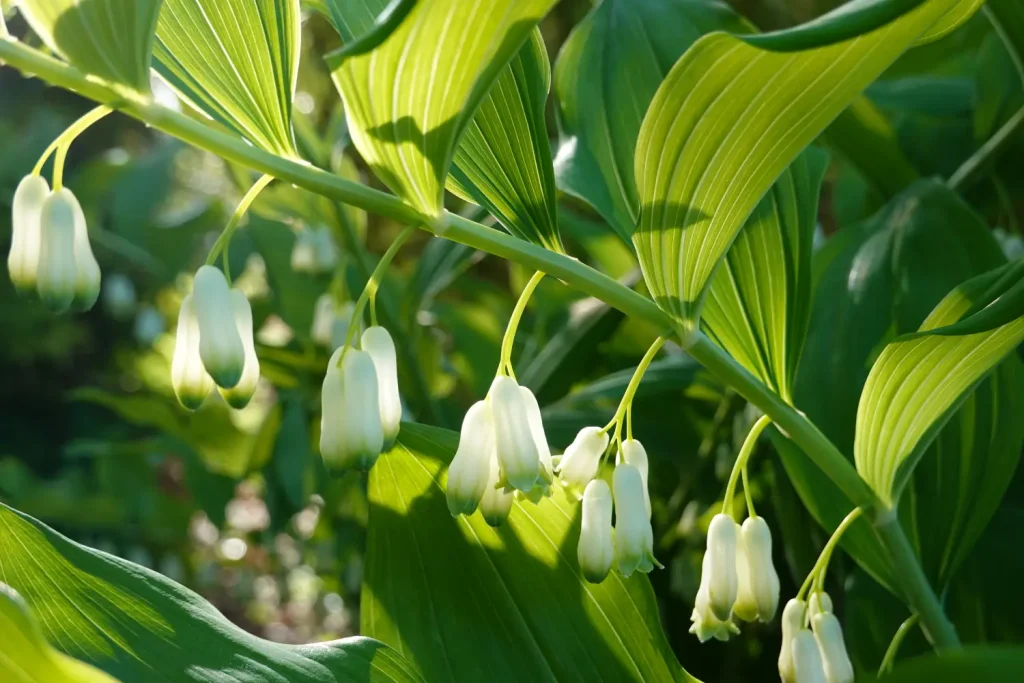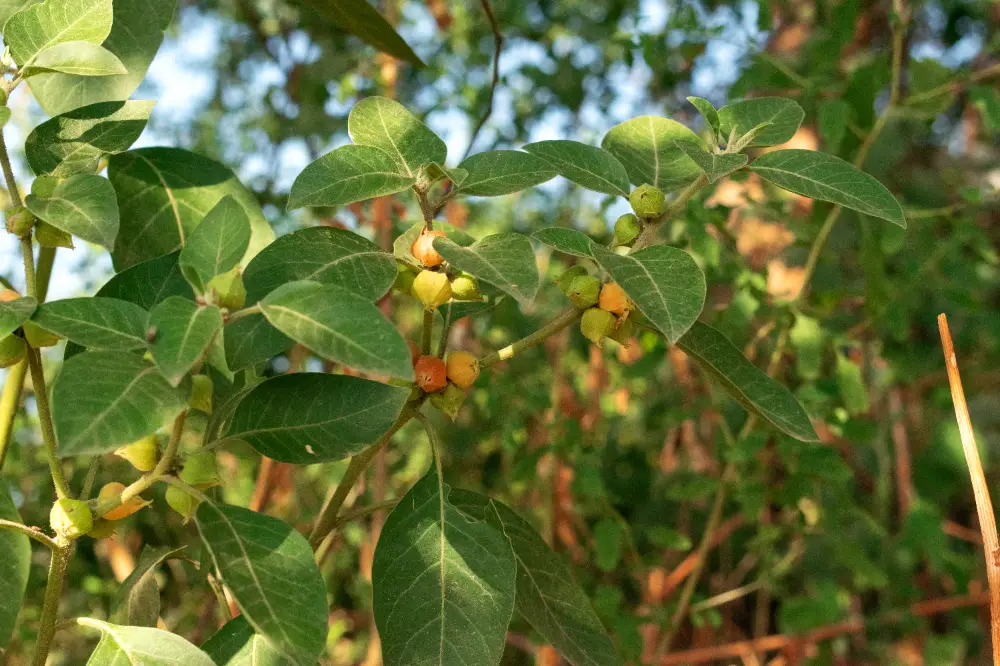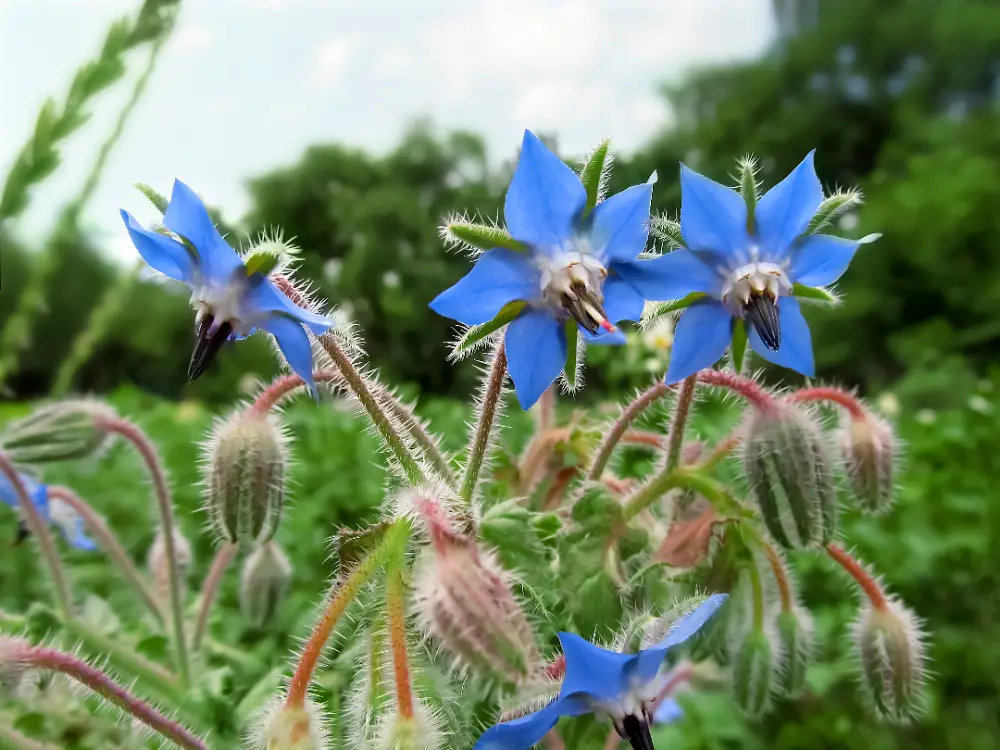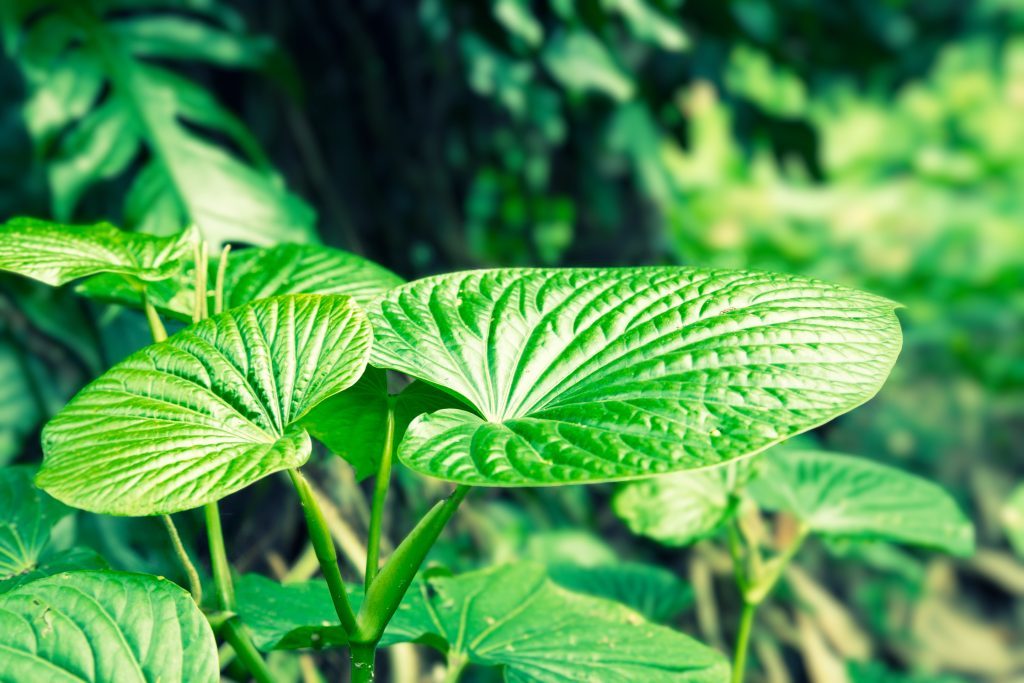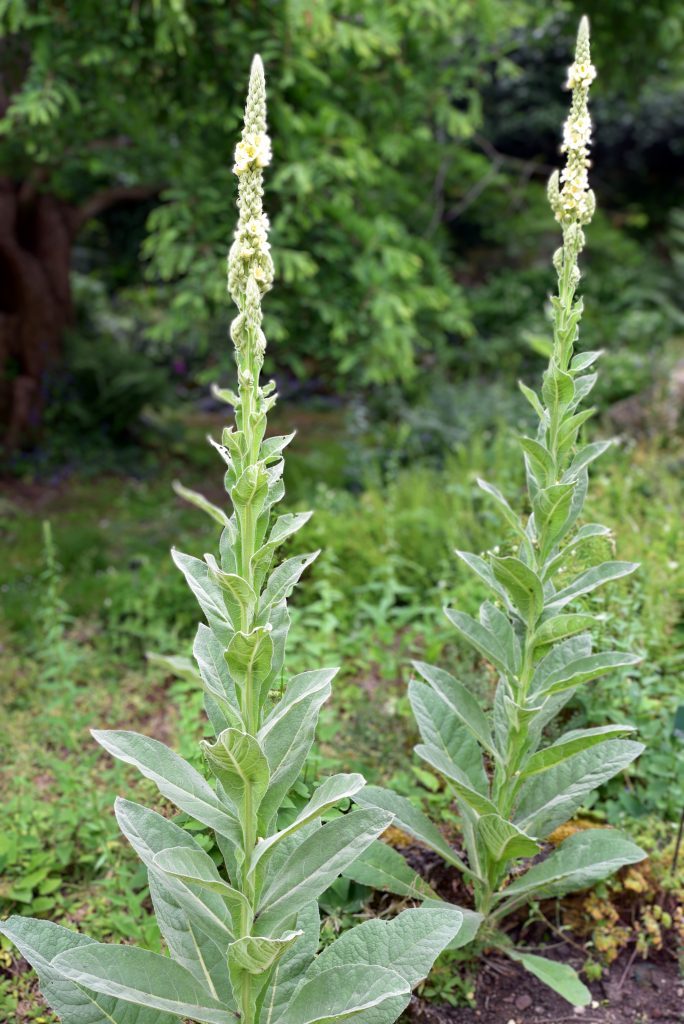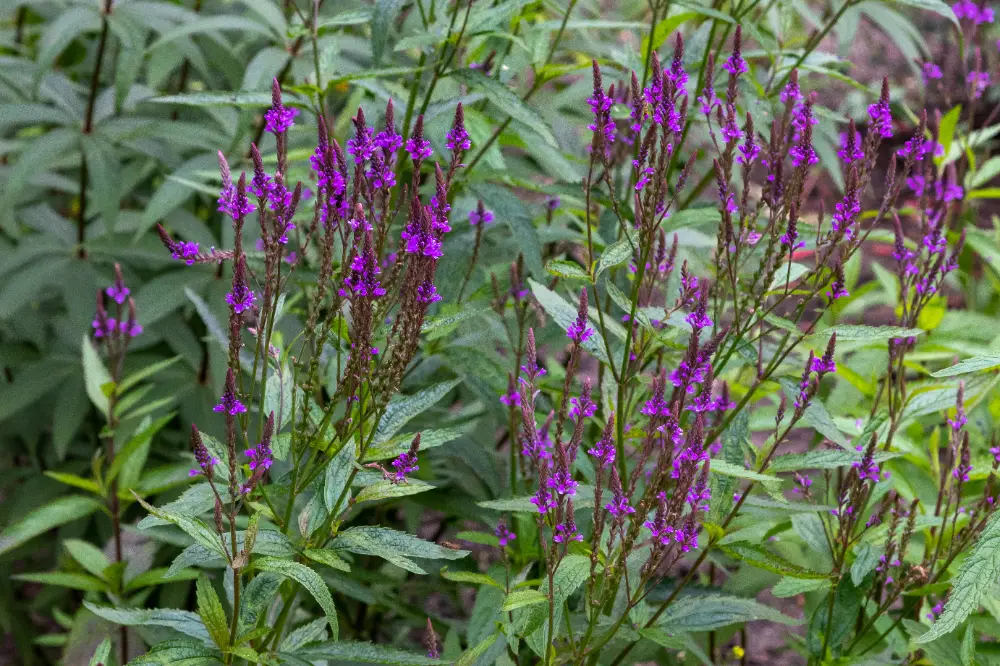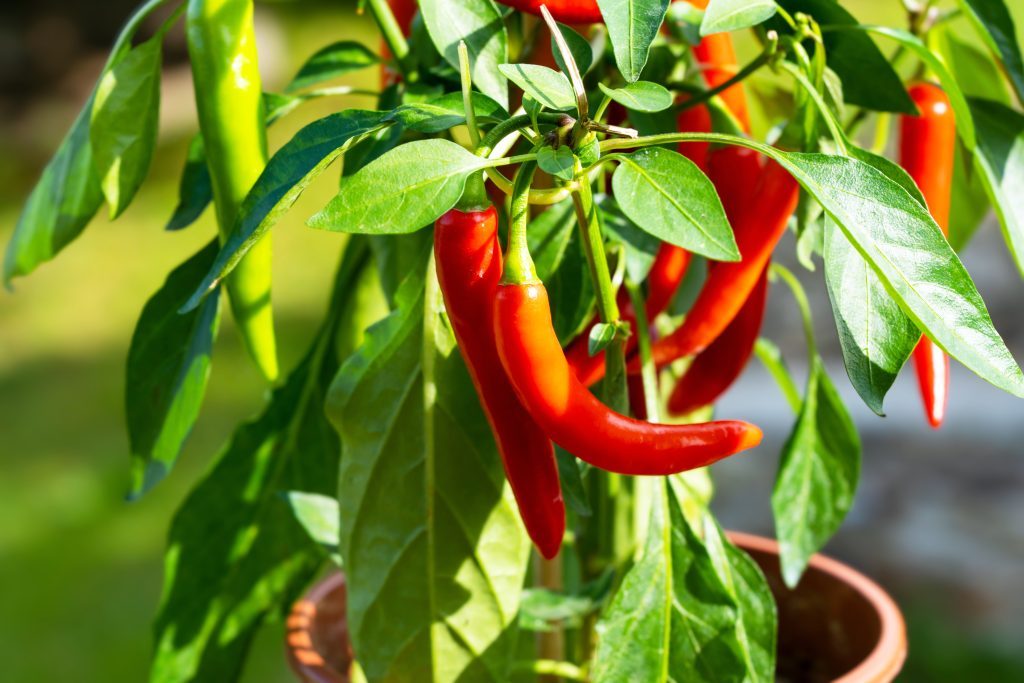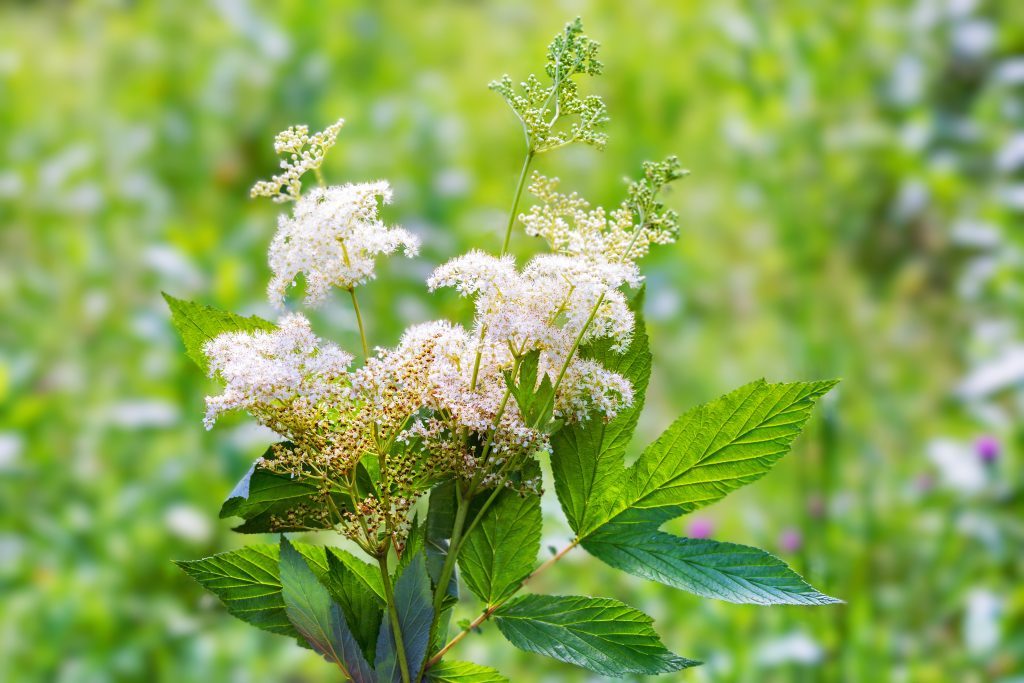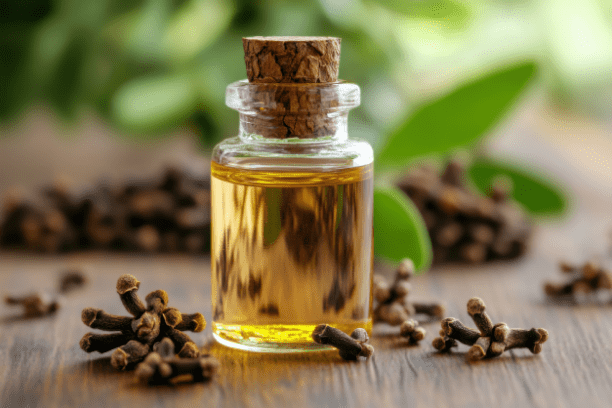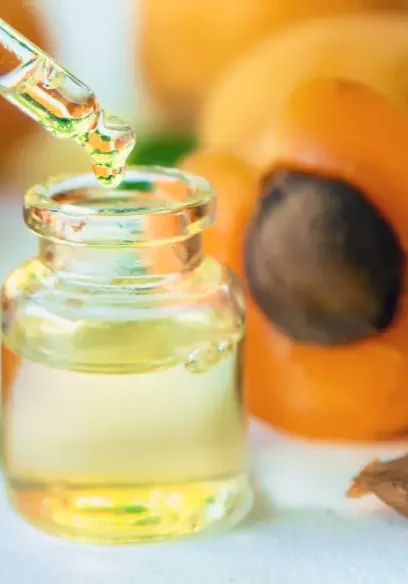
Apricot Seed Oil
Prunus armeniaca
Rosaceae (Rose family)
The Golden Elixir of Gentle Nourishment
Other names:
Apricot Kernel Oil, Bitter Apricot Oil, Prunus Oil (all names referencing the seed’s use or its botanical source)
Superpower
Silky Elixir of Nourishment — Apricot seed oil is lightweight yet deeply nourishing, making it a versatile oil for skin and hair care.
Uses
Traditional Uses: Used in traditional Chinese medicine (TCM) for respiratory and digestive support. In Mediterranean and Middle Eastern traditions, apricot kernels were used to create oil for skincare and massage.
Current Uses:
- Skin Moisturizer: A lightweight, fast-absorbing oil used to moisturize dry, sensitive, or mature skin.
- Carrier Oil: Commonly used as a carrier oil in aromatherapy to dilute essential oils.
- Hair Conditioner: Nourishes and softens dry, brittle hair and promotes shine.
- Massage Oil: Used in massage therapy due to its light texture and rapid absorption.
- Culinary Use: In some cultures, apricot seed oil is used as a flavoring agent or cooking oil, but caution is required due to the presence of amygdalin in some varieties.
Cautions
Internal Use: Use caution with internal consumption, as apricot seeds contain amygdalin, which can convert to cyanide in the body.
Allergic Reactions: As a member of the Rosaceae family, cross-reactivity may occur with other tree nuts. Conduct a patch test before use.
Animal Use: Not recommended for ingestion by pets.
Known Chemical Constituents
Fatty Acids: Oleic acid (omega-9), linoleic acid (omega-6), palmitic acid.
Vitamins: Vitamin E (tocopherols) for antioxidant protection.
Phytosterols: Beta-sitosterol, campesterol, and stigmasterol to support skin barrier function.
Amygdalin: Present in small amounts in some apricot varieties, converted to cyanide in the body, hence caution is required.
Botanical Description
Habitat: Native to China but widely cultivated in Mediterranean regions, Central Asia, and temperate climates worldwide.
Leaves: Broad, ovate, and serrated along the edges, typically glossy green.
Stems: Woody, smooth to lightly rough, and branching from a central trunk to form a small to medium-sized tree.
Flowers: Pale pink to white, five-petaled blossoms that bloom in early spring before the leaves emerge.
Roots: Deep root system that supports the tree in various soil types and climates.
Fun Facts
Apricot seed oil’s similarity to almond oil in composition has made it a cost-effective alternative for use in cosmetics, particularly in facial creams, serums, and baby care products.
Parts Used
Seeds (kernels) are used to extract the oil, while the fruit is consumed as food.
Preparations
Oil Infusion: Cold-pressed extraction of the seeds yields a golden, nutrient-rich oil.
Massage Oil: Mixed with essential oils for aromatherapy or massage.
Hair Treatment: Used as a pre-wash hair treatment or leave-in conditioner.
Facial Serum: Applied directly to the skin as a moisturizing serum.
Sacred Rituals
Nourishment Ritual — Use apricot seed oil as part of a full-body self-massage ritual. Warm the oil in your hands and gently massage it into the skin, moving from the feet upward to encourage lymphatic flow. Set an intention for self-compassion and self-nourishment as you connect with the tactile experience of caring for your body.
Affirmations
“I am nourished by nature’s abundance. My skin, my heart, and my spirit are soothed with compassion and care.”
Spiritual Associations
Self-Love: Represents the sweetness of self-care, inviting self-compassion and nourishment.
Abundance: Symbolizes prosperity and fruitfulness, often associated with the fruitful harvest of the apricot tree.
Elemental Connection: Connected to the water element due to its hydrating and cooling nature.
Functions
A substance or agent that reduces inflammation in the body, soothing irritation, swelling, or redness in tissues.
Antioxidant
A substance or agent that neutralizes free radicals, preventing oxidative damage to cells and tissues.
CleansingConditioningEmollientA substance or agent that softens, soothes, and moisturizes the skin or mucous membranes, often used to alleviate dryness, irritation, or inflammation.
MoisturizingNourishingProtectiveRejuvenatingSkin Irritations SootheRefers to interventions or substances used to calm and alleviate discomfort from skin irritations such as redness, itching, or inflammation.
Skin, Hair & Nail HealthRefer to a variety of disorders or irritations affecting the skin, including rashes, dryness, inflammation, infections, or chronic issues like eczema and psoriasis.

